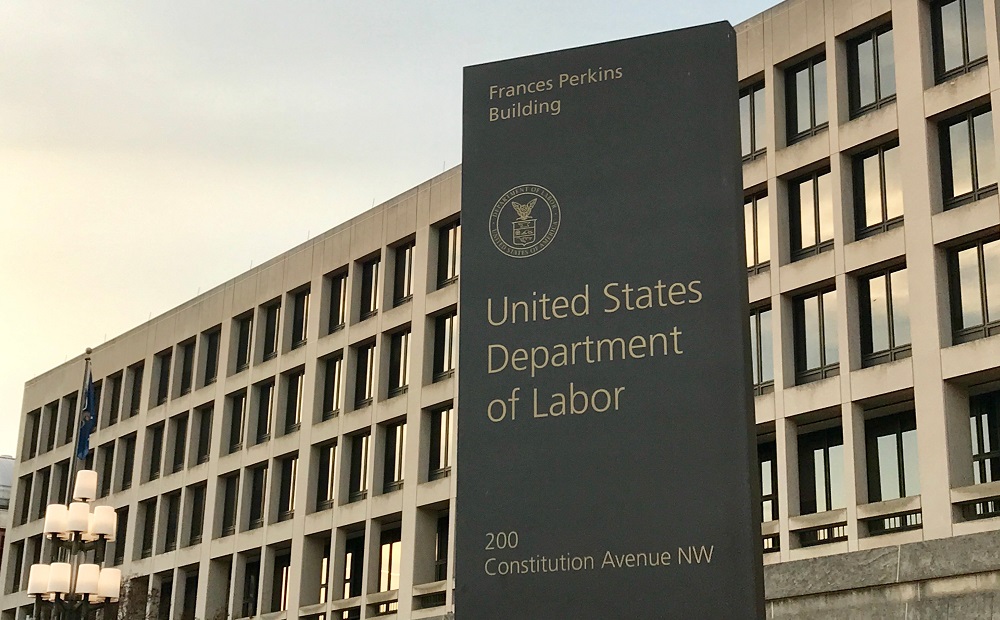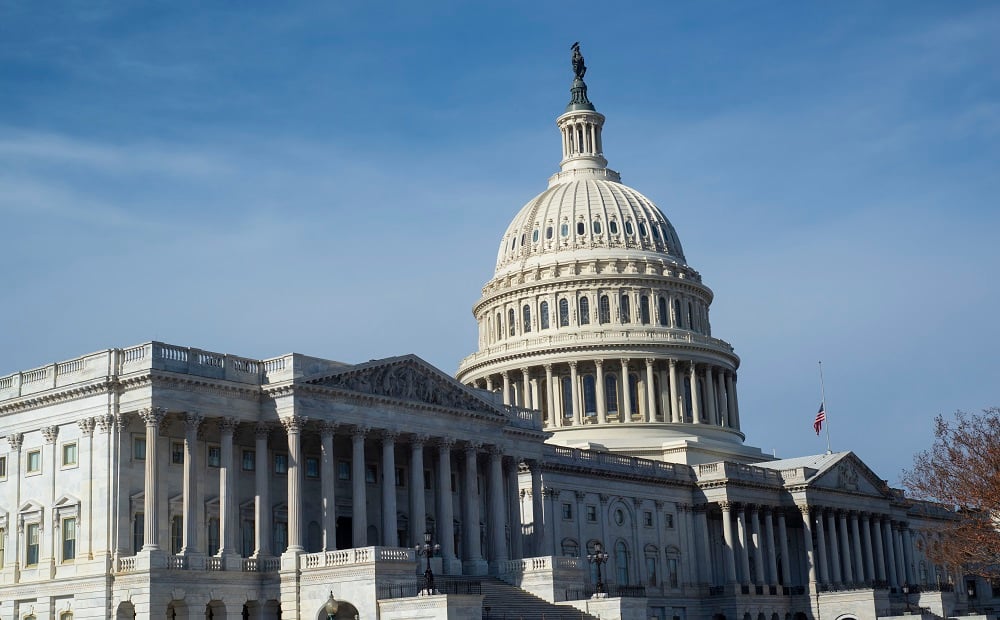On January 2, NAIFA submitted comments to the Department of Labor (DOL) on its proposed fiduciary-only rule. The comments pointed out the harm the proposal would do to middle class retirement investors and to financial professionals who already put clients’ interests first. NAIFA recommended that the proposal be withdrawn.
NAIFA comments made the following points:
- The standard set in the proposal is overly broad—it would impact virtually every insurance agent, broker or broker-dealer, in violation of the rule’s requirement that direct or indirect recommendations must be made on a regular basis.
- The wide impact of the rule would result in many financial professionals having to shift from a commission to a flat fee-based business model. That would limit access to investment advice for low- and middle-income retirement investors.
- One-time transactions/advice do not create a fiduciary relationship. A fiduciary standard requires ongoing advice post-rollover or distribution.
- Also required under the rule is a relationship of trust and confidence—and a relationship of trust and confidence requires control and authority. The DOL’s proposed rules fail the Fifth Circuit Court of Appeals’ requirement that a determination of a fiduciary relationship must include a special, ongoing relationship.
- The proposed rules would create additional liability for financial professionals which would in turn drive up costs which would make retirement investment advice more expensive for those who need it most and afford it least—middle class retirement investors.
- Because of the additional costs for advice that would result from the proposed rule, middle class retirement investors would lose access to necessary advice. NAIFA comments cited a study by Deloitte of the now-vacated 2016 fiduciary rule that found that “53 percent of study participants reported limiting or eliminating access to brokerage advice for smaller retirement accounts, impacting an estimated 10.2 million accounts and $900 billion in retirement savings. The Deloitte study further found that the 2016 Fiduciary Rule accelerated the shift of retirement assets to a fee-based model. The Hispanic Leadership Fund’s more recent analysis found that if the Department adopts a new rule that is similar to the 2016 Fiduciary Rule, the retirement savings of 2.7 million individuals with incomes below $100,000 would plummet by $140 billion over ten years. This study further found that a similar rule would only increase the racial wealth gap by 20 percent, with Blacks and Latinos among the hardest hit.”
- The proposed rule would adversely impact use of guaranteed-income products (annuities). This would be contrary to current retirement savings law (SECURE 2.0) which removed barriers to and encouraged use of annuities in retirement plans.
- The proposed rules are inconsistent with the principles of state-based insurance regulation.
- The proposed rules have a disparate impact on independent insurance agents as compared to insurance agents who are employees of their insurance companies. They also exclude independent marketing organizations from the protections provided in prohibited transaction exemption (PTE) 2020-02.
- Because both federal and state regulations already provide robust protection for retirement investors, new regulations are unnecessary.
Prospects: It seems probable that DOL will modify its proposal, but it looks unlikely that the agency will withdraw it. However, industry allies vow a court challenge, which they say stands a good chance for success, if the proposed rules are finalized. However, the process of finalizing the proposal and then working through a lawsuit challenging it will take at least months, and possibly a year or more.
NAIFA Staff Contacts: Diane Boyle – Senior Vice President – Government Relations, at dboyle@naifa.org; or Jayne Fitzgerald – Director – Government Relations, at jfitzgerald@naifa.org; or Michael Hedge – Senior Director – Government Relations, at mhedge@naifa.org.






.png?width=600&height=90&name=Support%20IFAPAC%20%20(600%20%C3%97%2090%20px).png)
